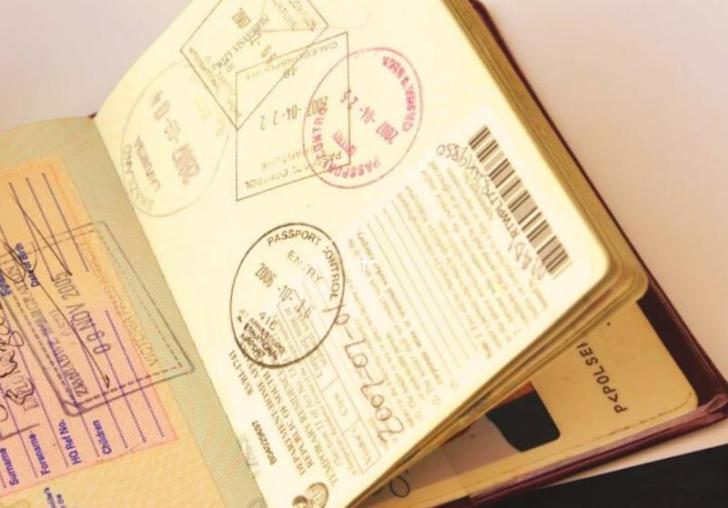News / National
New Zimbabwe permit court showdown looming in South Africa
08 Jun 2025 at 11:04hrs |
0 Views

The Supreme Court of Appeal (SCA) on Friday dismissed South Africa's Home Affairs Minister's attempt to set aside an interim court order protecting Zimbabwean Exemption Permit (ZEP) holders from arrest and deportation.
The interim interdict was granted in favour of the Zimbabwe Immigration Federation, which is challenging the minister's authority to terminate the ZEP regime altogether.
Introduced in 2009 amid a surge of Zimbabwean migrants entering South Africa, the ZEP allows holders-estimated at around 180,000-to live and work legally in the country. The federation argues that only Parliament, not the minister, can end these constitutional rights.
The federation is also contesting the minister's belief that ending the ZEP regime would lead to deportations, which they say violates the principle of "non-refoulement," protecting refugees from forced return to danger.
The legal battle has a complex history. In June 2023, the Gauteng High Court ruled against the minister's attempt to end the ZEP, setting aside his decision and ordering a fair reconsideration process. The court also protected ZEP holders from deportation during this time.
While the Helen Suzman Foundation (HSF) case resulted in a final ruling, the federation's case remains ongoing, with the interim order still in effect pending a full review of the minister's actions.
The minister had argued that the interim order was now redundant since his appeals had failed and he was following the court's instructions. However, the federation countered that their review raised distinct legal questions not addressed in the HSF case, including whether the minister had the legal "good cause" to revoke the ZEP.
Judge David Unterhalter, writing for the SCA, agreed with the federation, noting that their challenge went further by claiming the minister lacked authority to terminate the permits without parliamentary approval.
He also highlighted that the minister's assumption that ZEP holders would face deportation was legally flawed because many would qualify for refugee protection.
"The declaratory relief sought by the federation is considerably more far-reaching," Judge Unterhalter stated, "because it reaches into the future and is not based upon reconsideration by the minister."
He concluded that the interim order should remain in place until the full legal review is concluded and ordered the minister to pay costs.
Judge Unterhalter emphasized that the court made no judgment yet on the merits of the federation's claims, leaving the final decision to be made by the High Court in due course.
The interim interdict was granted in favour of the Zimbabwe Immigration Federation, which is challenging the minister's authority to terminate the ZEP regime altogether.
Introduced in 2009 amid a surge of Zimbabwean migrants entering South Africa, the ZEP allows holders-estimated at around 180,000-to live and work legally in the country. The federation argues that only Parliament, not the minister, can end these constitutional rights.
The federation is also contesting the minister's belief that ending the ZEP regime would lead to deportations, which they say violates the principle of "non-refoulement," protecting refugees from forced return to danger.
The legal battle has a complex history. In June 2023, the Gauteng High Court ruled against the minister's attempt to end the ZEP, setting aside his decision and ordering a fair reconsideration process. The court also protected ZEP holders from deportation during this time.
While the Helen Suzman Foundation (HSF) case resulted in a final ruling, the federation's case remains ongoing, with the interim order still in effect pending a full review of the minister's actions.
Judge David Unterhalter, writing for the SCA, agreed with the federation, noting that their challenge went further by claiming the minister lacked authority to terminate the permits without parliamentary approval.
He also highlighted that the minister's assumption that ZEP holders would face deportation was legally flawed because many would qualify for refugee protection.
"The declaratory relief sought by the federation is considerably more far-reaching," Judge Unterhalter stated, "because it reaches into the future and is not based upon reconsideration by the minister."
He concluded that the interim order should remain in place until the full legal review is concluded and ordered the minister to pay costs.
Judge Unterhalter emphasized that the court made no judgment yet on the merits of the federation's claims, leaving the final decision to be made by the High Court in due course.
Source - The Standard
Join the discussion
Loading comments…



























